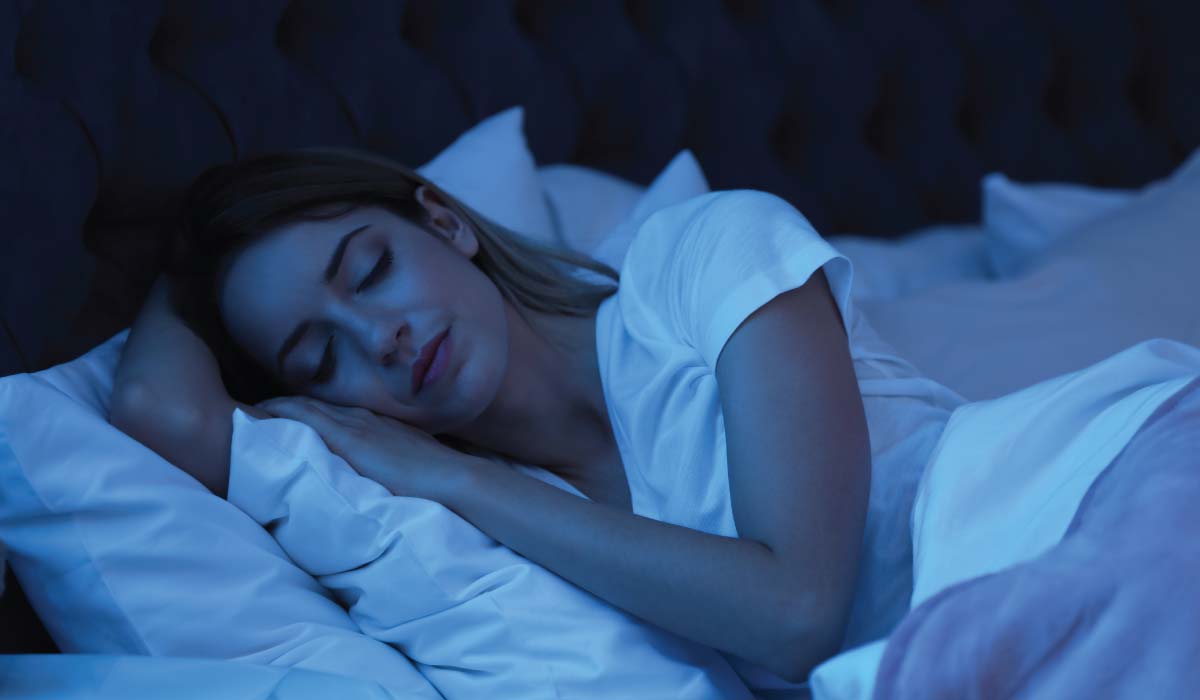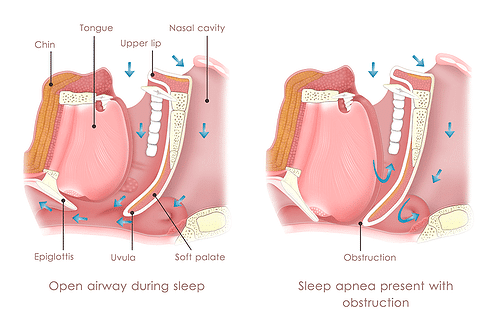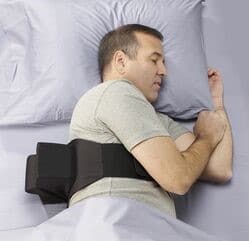CALL TO DISCUSS TREATMENT OPTIONS
732-455-3030
CALL TO DISCUSS TREATMENT OPTIONS
732-455-3030

If you don’t want to wear a CPAP mask, then one of our qualified sleep doctors can recommend alternative sleep apnea treatment options. Sleep Apnea is a serious sleep disorder that requires professional medical attention when diagnosed. CPAP Therapy is one of the most common treatment methods sleep physicians recommend to those who have sleep apnea. But what if you are not compliant with CPAP therapy?
The good news is that there are several alternative sleep apnea treatment options available to those who want to avoid wearing a mask as much as possible.

Dental and oral appliances have emerged as a popular option for sleep apnea. Patients who prefer to wear an oral device instead of wearing a CPAP mask have become increasingly comfortable with this treatment option.
A dentist at Sleep Dynamics would create a custom Oral Appliance to prevent the airway from collapsing by holding the tongue in position or by sliding the jaw forward so that you can breathe while you sleep.
Oral appliance therapy is recommended for patients with mild to moderate sleep apnea who cannot tolerate CPAP.Find the Best CPAP Alternative For You – Call 732-455-3030
The most common options reduce or eliminate the extra tissue in your throat that collapses and blocks your airway during sleep. Keep in mind that while some surgeries may be minimally invasive, others can be more complex. But generally undergoing surgery to treat sleep apnea means surgery in one of the following areas:
If you are considering surgery to treat sleep apnea, you need to ask the following questions:
Surgery is not the right choice for everyone. Some people may benefit more from surgery than others. Negative aspects of surgery may include:
In many cases, the benefits may not be permanent. Sleep apnea may reoccur at a later time for some patients.

Surgical therapies are not as effective in treating sleep apnea as CPAP and oral appliances. There are a variety of surgical options that may work if CPAP or oral appliance therapy do not.

In some cases, weight loss can help improve or eliminate your sleep apnea symptoms if you are overweight or obese. Overweight people often have thick necks with extra tissue in the throat that may block the airway.
This is for people who are overweight and are physically able to engage in a weight management program. There is no guarantee that losing weight will eliminate sleep apnea, though it may help.
This approach is unlikely to make a difference in patients with a narrow nasal passage or airway. Please consult with one of our sleep physician to determine the best course of treatment.

Positional therapy is a behavioral strategy to treat positional sleep apnea. Some people have sleep apnea primarily when sleeping on their back. This is called the “supine” position. Their breathing returns to normal when they sleep on their side. Positional therapy may involve wearing a special device around your waist or back. It keeps you sleeping in the side position.
In a clinical study published in 2012, scientists tested the long term efficacy of this therapy and found that positional therapy can be an effective form of treatment. They tested patients with “positional OSA who refused or could not tolerate continuous positive airway pressure (CPAP).”
There are a variety of lifestyle changes that you can make to help reduce snoring and improve sleep apnea symptoms. Behavioral changes such as quitting smoking or not drinking alcohol may improve sleep apnea symptoms. Alcohol relaxes your throat muscles which can cause you to snore or your airway to collapse. If you have allergies, taking a decongestant before going to bed may help improve airflow through your nose.
If you have difficulty staying with a treatment plan or cannot sleep well even with treatment, you may be a candidate for Cognitive Behavioral Therapy. Sleep Dynamics has a qualified sleep Psychologist on staff who can help eliminate the thoughts and behaviors that may be preventing you from getting restful sleep or complying with treatment.